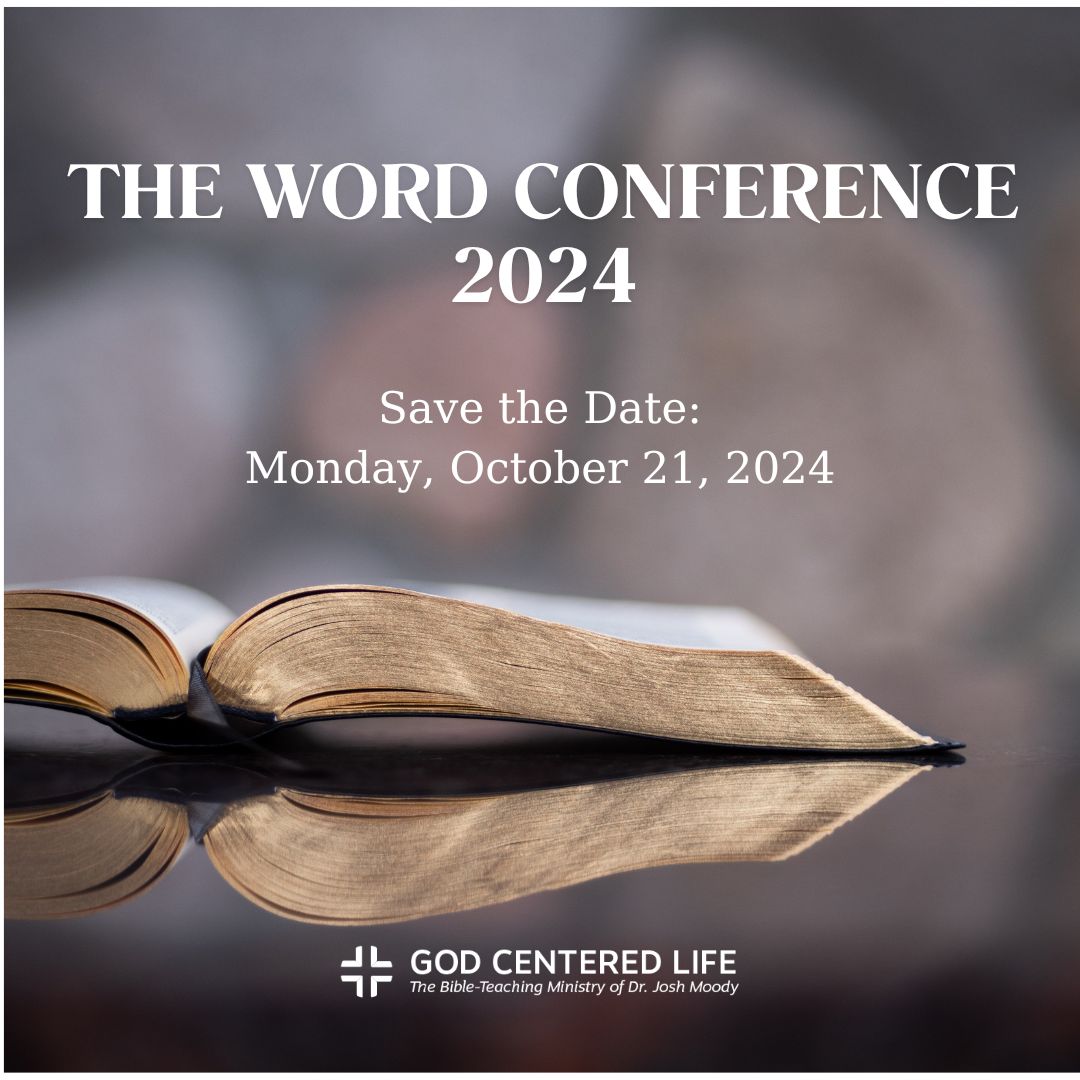1 John 4:7-21: Love and Truth
November 17, 2023
TODAY'S BIBLE READING:
Ezekiel 42-44, Job 15:17-35, John 11:45-57, 1 John 4:7-21

John’s style of writing is like a spiral staircase: he turns first one way and then another way as he comes back to his main themes from different directions. Here he is mostly focusing on the love of God, and our love, but in the middle, though, he has a section again about the Spirit and truth. In essence, John is rotating around two of his main themes once again: doctrinal orthodoxy and moral obedience. Here he is focusing on love and its connection to the truth. Today we often divorce these two. We think truth is not connected to love, and love is disconnected from truth. How wrongheaded we are!
First, John defines love. We all think we know what love is; it seems simple to us. But is it really? We tend to think of love in terms of our feelings. We have sentimental notions of love. And if we do not feel the right feeling, then we tend to conclude that we do not have love or are not experiencing love. We think that no one can disagree with our opinions and still love us. All this is not the biblical way of defining love. What is the biblical way of defining love? To begin with, love does not come from us at all, “love comes from God.” God is the one who defines what love is. How foolish then to think that love and truth are antagonistic to each other! For love itself is defined by God himself, the God of all truth, the one true God. Indeed (famously) John says “God is love.” But still we might wonder what does it really mean, this love? What does it really mean for God to be love? So John writes, “This is how God showed his love among us: He sent his one and only Son into the world that we might live through him.” If we want to understand God’s love, look at the cross. That is love. Love, in essence, is not about our love for God, it is about God’s love for us as demonstrated in the death of Jesus Christ for sinners like us.
Second, John calls us to love. If this is how we have been loved, then we too must love. It is too easy to use slogans about love without actually loving. We can say that we love the world, but not really love any particular person in the world. We can say that we love the human race, and yet hate the person who sits next to us because of their halitosis. Love is ever practical, real, particular, personal. Do we love our neighbor? Do we love (Jesus teaches) our enemy? “Dear friends, let us love one another, for love comes from God.” John asserts the importance of us loving in a number of different ways in this passage. Indeed, he raises the stakes: if we do not love, we are not loved by God. John writes, “Everyone who loves has been born of God and knows God. Whoever does not love does not know God, because God is love.” Or as he puts it towards the end of the passage, “Whoever claims to love God yet hates a brother or sister is a liar. For whoever does not love their brother and sister, whom they have seen, cannot love God, whom they have not seen.” These are important words. We must love. And if we do love, then we can have assurance that we are born of God, that we are going to heaven, that we are in a right relationship with the God who loves us. John writes, “This is how love is made complete among us so that we will have confidence on the day of judgment: In this world we are like Jesus. There is no fear in love.
But perfect love drives out fear, because fear has to do with punishment. The one who fears is not made perfect in love.” In other words, the way to have assurance about eternal life is to look at our lives and see if we are loving those around us in a reflection of Christ’s love for us.
But then third, and in our day and age very importantly, true love is truth-shaped. John puts it like this, in the middle of this section:
“This is how we know that we live in him and he in us: He has given us of his Spirit. And we have seen and testify that the Father has sent his Son to be the Savior of the world. If anyone acknowledges that Jesus is the Son of God, God lives in them and they in God. And so we know and rely on the love God has for us.”
It is wrong-headed to say that you can love someone around you and it doesn’t matter what you believe about God. It is wrong-headed to say that talking about hell, or God’s wrath, is non-loving. It is wrong-headed to say that all that matters is we love people and don’t tell them about the truth of the gospel. For, “if anyone acknowledges that Jesus is the Son of God, God lives in them and they in God.” Our loving is an expressing of our believing, and when we believe in the truth we will truly love. Ironically, today, those who most talk about love are often those who are most hate-filled. They reject the Christ who loves them, pretend to love those around them, but end up hating and fighting against anyone who does not agree with their progressive, truth-denying, agenda. Instead, Christians are to believe in the truth of the gospel and as a consequence, by the power of the Spirit who dwells within them, love all those around them, whether or not they agree with them.
ABOUT THE AUTHOR
Josh Moody (Ph.D., University of Cambridge) is the senior pastor of College Church in Wheaton, IL., president and founder of God Centered Life Ministries, and author of several books including How the Bible Can Change Your Life and John 1-12 For You.
WANT MORE?
To receive God Centered Life devotionals directly in your inbox, as well as other resources, enter your email address in the form at the bottom of this page and click "subscribe."


